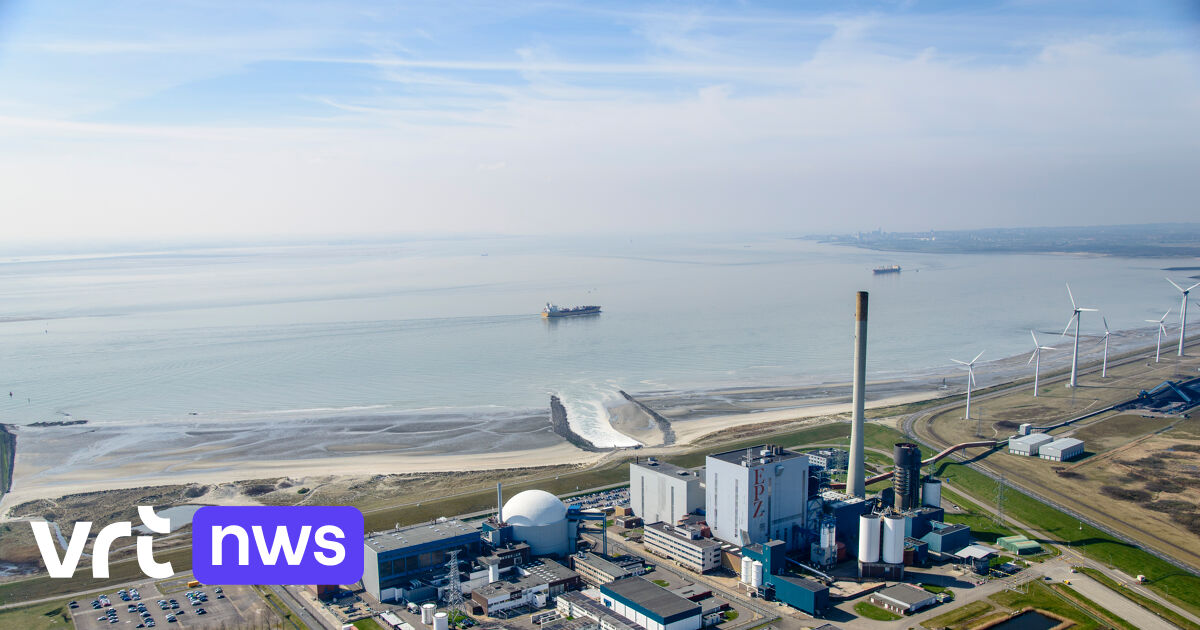Since the construction of the first nuclear power plants in the 1950s and 1960s, nuclear power plants around the world have undergone a metamorphosis. That is why we are talking about several generations of nuclear power plants. The vast majority of plants operating today are of the second generation, built in the 70s and 80s.
Generation III reactors are even safer than their predecessors and are designed to last longer. They would also use less fuel, leaving less nuclear waste. In the meantime, the projects for the fourth generation plants have already been implemented.
Success in China
The Dutch government says in a press release that “first generation III+ reactors have now been commissioned in other countries. As a result, there is extensive international practical experience with the planning and financing of this technology.” In fact, third generation reactors have already been built or are under construction in several countries, such as China, Japan, South Korea, the United Arab Emirates and the United States. They are already operational in China and Japan.
But not in Europe
But in Europe its construction is not going well. Various problems have cropped up in both France and Finland, causing huge construction delays and costing several billion more than expected. The plant in France should have been in operation for 10 years, but it is not finished yet.
The question is therefore whether the Netherlands will be able to build two third-generation plants in ten years (the decision will only be taken at the end of 2024 and the plants should be operational in 2035). “This is certainly realistic,” says Luc Pauwels, energy expert at VRT NWS. “In China, such a power plant was built in 7 years.” He points out that there are different models inside Generation III reactors and it seems that the Netherlands will opt for a different model from France and Finland, a Korean model which is also being built in the United States.
France and Finland have in fact become “dragons of projects”, says Pauwels, “because of growing pains, but also because of the Fukushima nuclear disaster, which has tightened safety standards”. “But there are certainly also successful projects.”


